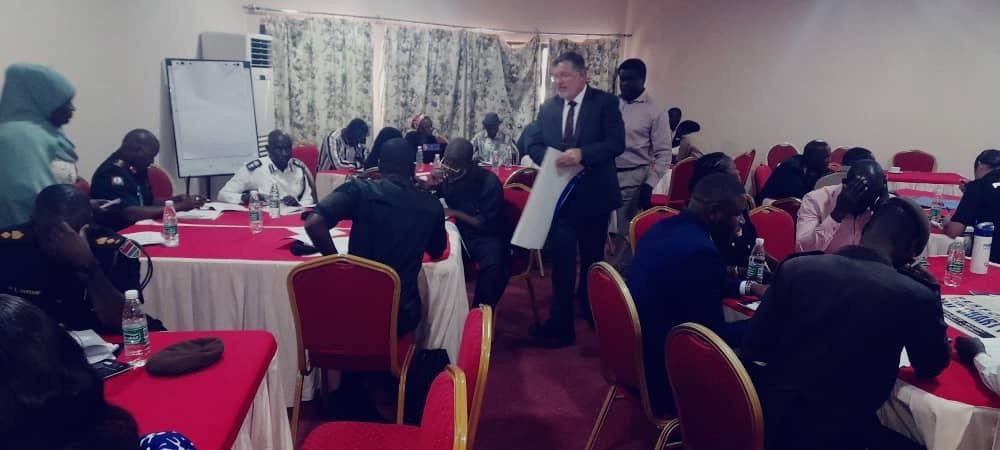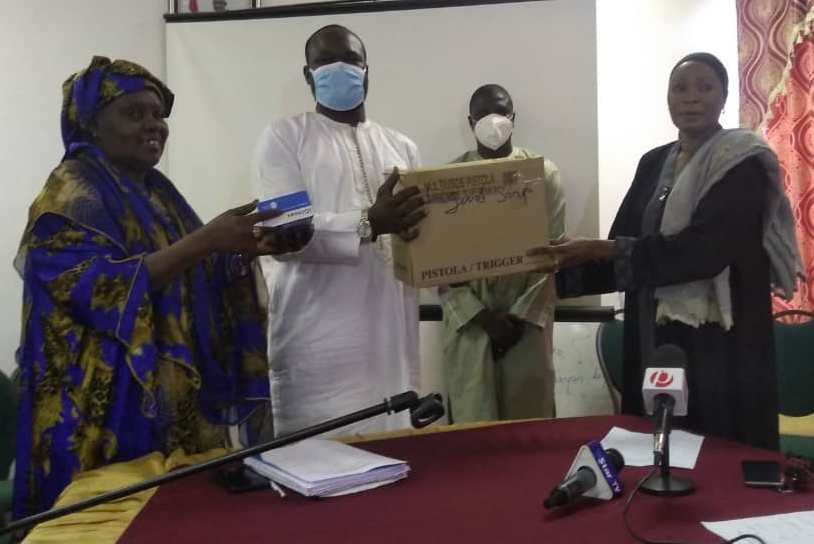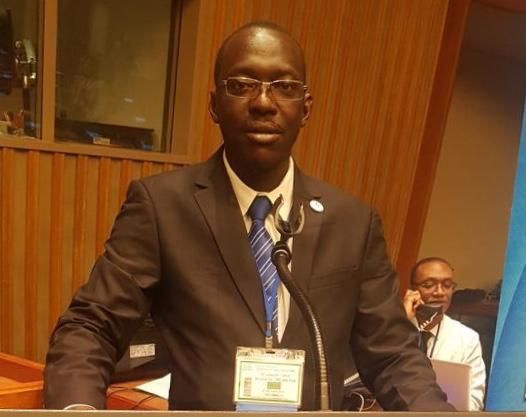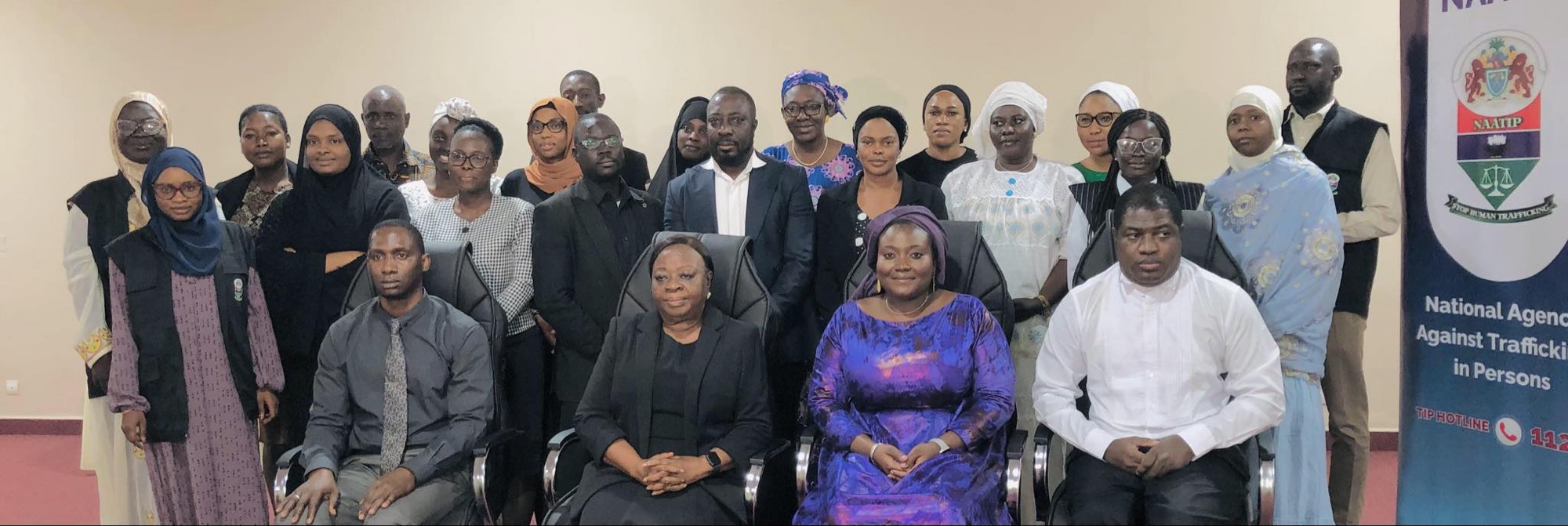In a bid to implement Integrated Border Management (IBM) in The Gambia, stakeholders on Monday, January 29th, 2024 held a day-long national consultation workshop to validate Service Level Agreement (SLA) for interagency cooperation and coordination.
Speaking at the event, Abraham Mendy, deputy permanent secretary at the Ministry of Interior, says the key objectives of the Service Level Agreement (SLA) is to establish the necessary legal, regulatory, and institutional frameworks for interagency cooperation and coordination to implement IBM effectively and efficiently. He points out that it will enhance interagency coordination and cooperation at the national, operational, and tactical levels when dealing with border security and management challenges.
“Through this SLA, we can enhance interagency communication and information sharing. Our stakeholders will implement joint border operations, including patrols and surveillance, and a lot more effective implementation programs,” DPS Mendy alluded.
According to him, the political transformation, globalization, increased legal and illegal trade, and transnational organized crimes have significant impacts in changing border environments. Hence, government commitment to effectively and efficiently manage borders.
‘’Integrated Border Management, the coordinated approach followed by border management agencies at the national and international levels involved in border security and trade facilitation, its coordination and cooperation aims to enhance effectiveness and efficiency of border management system to achieve open but well-controlled and secured borders while ensuring that legal requirements are met,’’ he emphasized.
DPS Mendy specified that since the launching of the security sector reform in 2017, several achievements, including developing underlying strategic framework and security sector architecture, the adoption of National Security Policy (NSP) in 2019, the National Security Strategy (NSS) in 2020 and the Security Sector Reform Strategy (2020-2024) are all committed by the government of The Gambia.
“The National Coordination Mechanism on Migration was established in November 2019 under the leadership of the Office of the Vice President (OVP) receiving technical support from the International Organization for Migration (IOM), these are but a few examples of the achievements already,” Mr. Mendy elaborated.
Meanwhile, the stakeholders are tasked to protect the internal security and manage the migration flows to prevent irregular migration, trafficking in persons, and other cross-border crimes, smooth and fast crossings for most travellers who do meet the entry and exit requirements and relevant regulations, full respect for fundamental rights, effective and efficient movement of goods and services across the borders and other relevant matters.
The stakeholders in this agreement are: the Ministry of Interior, Office of National Security, Gambia Immigration Department, Gambia Police Force, Gambia Armed Forces, Drug Law Enforcement Agency, Gambia Revenue Authority, State Intelligence Service, Ministries of Finance, Health, Agriculture, Justice, Foreign Affairs, Defence, Gender Children and Social Welfare, and Ministry of Trade, Industry, Regional Integration and Employment, Department of Forestry, Food Safety and Quality Authority and the Gambia Fire and Rescue Services.
Transportation Issue Must Be Addressed for AfCFTAto Work – Joof Tells Ghana Forum




